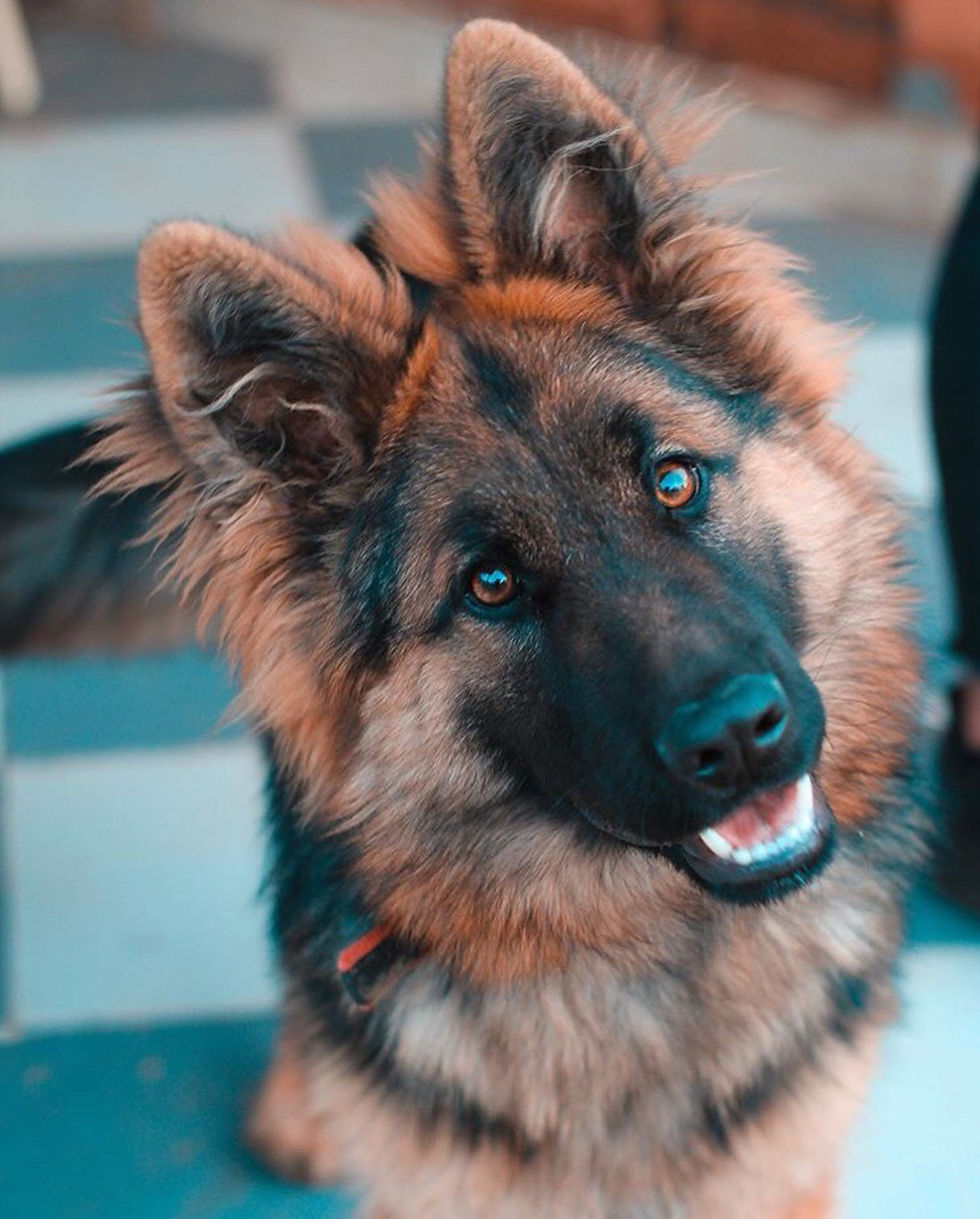When Food Won’t Go Down. Understanding Megaoesophagus in Dogs
- Kerrie Hyland

- Oct 28, 2025
- 3 min read
Have you ever seen your dog bring up their food shortly after eating, but without retching, nausea, or warning?
If so, it might not be vomiting at all.
This could be something called megaoesophagus. A condition where the oesophagus (the tube carrying food from the mouth to the stomach) becomes weak and enlarged, losing its ability to move food properly, and the lower oesophageal spincter (the muscular gate between the stomach and oesophagus) has poor co-ordination, and can be either shut too tightly, stoppping food from getting to the stomach, or too loose, and doesnt stop food from moving back up out of the stomach.

What Is Megaoesophagus?
In a healthy dog, the oesophagus contracts in a wave-like motion (called peristalsis) to push food into the stomach. In dogs with megaoesophagus, those muscles lose coordination or tone, so instead of moving food downward, it simply collects in the oesophagus and eventually flows back up.
This leads to regurgitation, with food or water coming up effortlessly and undigested, often soon after meals.
Over time, this can cause poor nutrition, weight loss, and even aspiration pneumonia if food or fluid enters the lungs.
Common Signs You Might Notice
Bringing up undigested food shortly after eating
Coughing or gagging, especially after meals
Difficulty swallowing or noisy gulping
Bad breath and drooling
Poor weight gain, even though appetite seems fine
Occasional fever, lethargy, or breathing difficulty (signs of aspiration pneumonia)
Why Does It Happen?
Megaoesophagus can be congenital (from birth) or acquired later in life.
Puppies born with it may have underdeveloped nerve signals between the brain and oesophagus, while adult dogs may develop it secondary to another condition, such as myasthenia gravis (an immune disorder affecting nerve communication), hormonal imbalances like Addison’s disease, or nerve damage.
In some breeds, like German Shepherds, Great Danes, and Wire Fox Terriers genetics can play a role.

Naturopathic Support
While there’s no quick fix, a naturopathic approach focuses on strengthening what function remains, protecting the oesophagus, and supporting the whole body’s healing capacity.
Here’s how:
Feeding Technique
Feed your dog upright (using a “Bailey chair” or by holding food at head height).
Keep them upright for at least 10–15 minutes after eating.
Reduce intensive exercise after eating
Offer small, frequent meals instead of large ones.
Use a texture that works best. Many do well on smooth purées or meatballs that move easily by gravity.
Minimising stress at meals times. A stressful dinner time can worsen symptoms.
Soothing and Healing Herbs
Some herbs help calm inflammation and protect the oesophageal lining from reflux irritation:
Marshmallow root (Althaea officinalis) and slippery elm (Ulmus rubra) form a natural gel that coats and soothes.
Licorice supports mucosal repair.
Chamomile and ginger aid gentle digestion and reduce spasm.
These can be given as gentle glycerite extracts or slurries before meals.
Nerve and Muscle Support
To support the nerve-to-muscle connection, herbal nervines and adaptogens may be used:
Withania (Ashwagandha) and Bacopa help improve nerve communication and stress resilience.
Gotu kola supports circulation to nerves and connective tissue.
Lion’s Mane mushroom has compounds that promote nerve regeneration.
Supporting the Lungs and Immune System
If your dog has ever inhaled food or fluid, lung support is critical.
Mullein and elecampane help clear mucus and protect the airways.
Astragalus strengthens immune resilience and recovery.
Keep your dog warm, hydrated, and calm during recovery, stress can worsen reflux and reduce healing.
Nutrition & Supplements
Ensure your dog’s diet is balanced and easily digestible.
B-vitamins, omega-3s, and magnesium can help with nerve and muscle health.
Consider probiotics or digestive enzymes for gentle gut support.
Living with megaoesophagus can be challenging, however many dogs live full, happy lives when their condition is well managed.
It’s about finding the right routine, using gravity to your advantage, and supporting your dog’s body with natural care, patience, and love.
Remember: the goal isn’t just to manage symptoms, it’s to help your dog thrive despite them.
When to See a Vet
If your dog is lethargic, coughing, breathing heavily, or has a fever, seek veterinary attention immediately, these can be signs of aspiration pneumonia.
An integrative approach, combining veterinary diagnosis with gentle natural care, gives your dog the best chance at long-term comfort and vitality.
If your dog has been diagnosed with megaoesophagus, we can work together to create an individualised protocol that supports their digestion, comfort, and quality of life.
Book a naturopathic consultation to explore tailored herbal, nutritional, and lifestyle strategies for your dog’s unique needs.
Give your dog a pat for me.
Kerrie Hyland,
Animal Naturopath
.png)



Comments